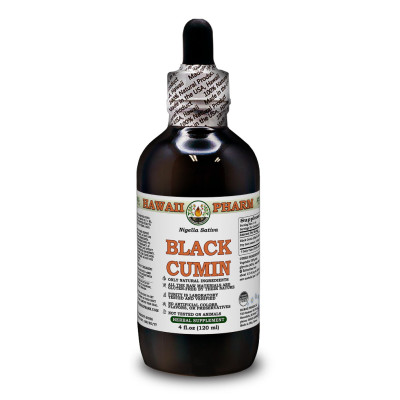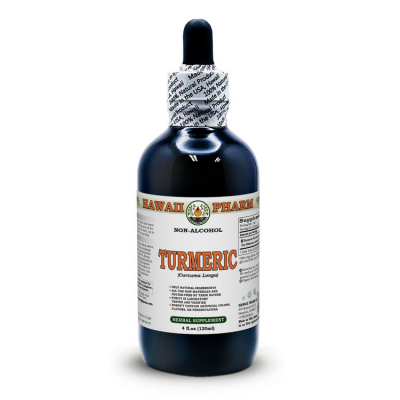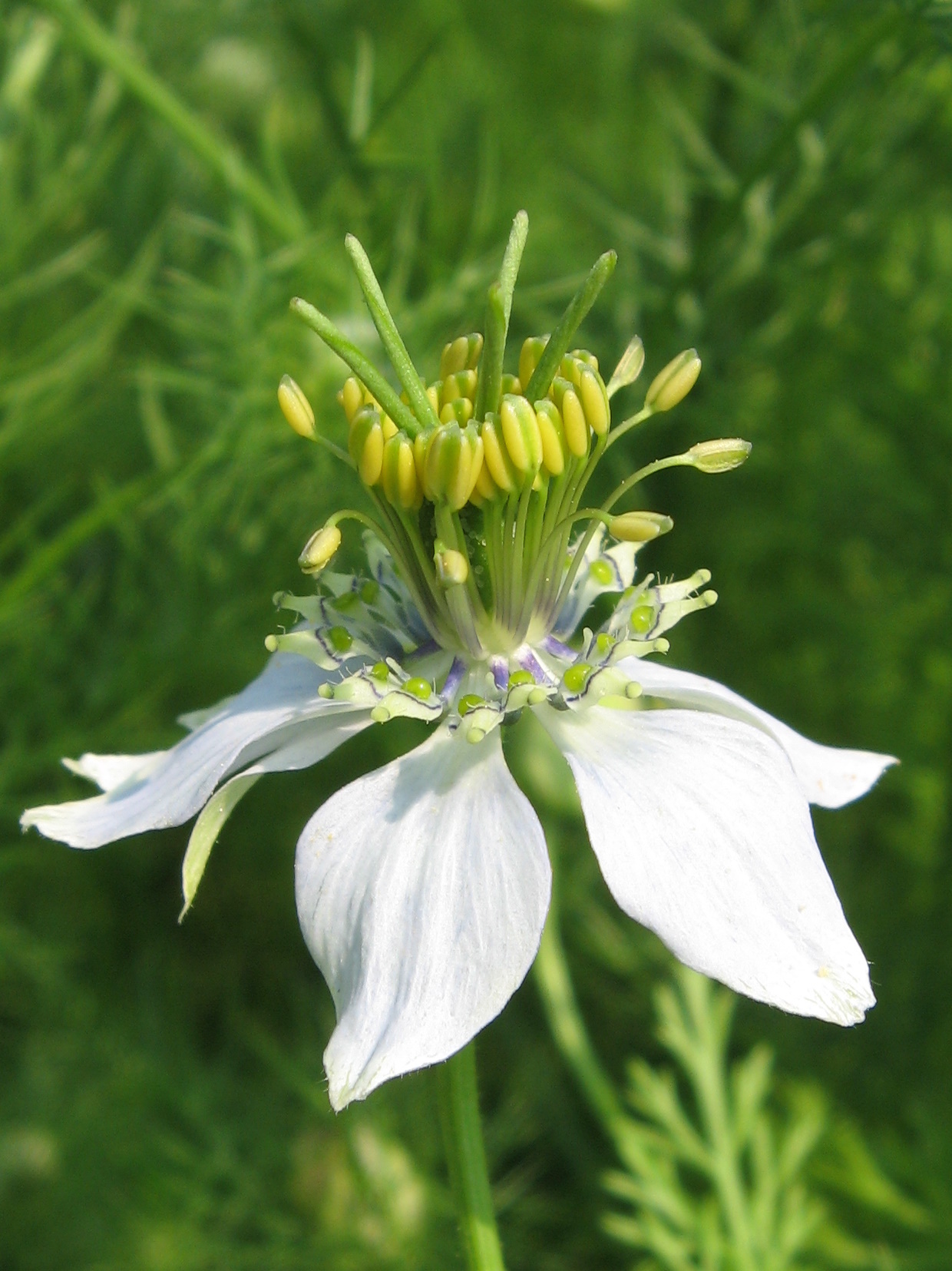JAK Inhibitors: The Hidden Cure for Hair Loss
Autoimmune disease and autoimmune hair loss are incurable conditions according to medical doctors. But medical doctors are just repeating what they’ve been told in their medical school classes to their patients. And medical school curricula is made up of a body of information that supports and maintains Big Pharma. And while Big Pharma wants the world to believe the hair loss due to Lichen planopilaris, androgenic alopecia, or alopecia areata is incurable, science and nature say otherwise. In the past, medicine was more like a religion in that people still believed in cures for disease, miraculous or mundane. While many of the scientists who discover plant medicines today that can cure disease, make their discoveries in the hope of providing information to Big Pharma (so that they can receive more funding for research from Big Pharma in the future) and they care very little about providing this information to the public, sometimes people are still able to find this information. And when one person discovers a cure for hair loss, that person can tell others.What are JAK Inhibitors?
Janus Kinase Inhibitors / JAK Inhibitors are enzymes that are found in certain plants. These enzymes work with the cytokine receptors on the surface of human cells. As such, they play a role in the Signal Transducer and Activation of Transcription Pathway (STAT) that’s involved in immune system responses and inflammatory responses.An abnormality in the STAT pathway can cause all kinds of problems in the body. One noteworthy problem that can occur is the abnormal proliferation of cells (cancer). Diseases that have been linked to JAK inhibition abnormalities include:
- Polycythemia Vera
- Leukemia
- Lymphoma
- Rheumatoid Conditions such as Rheumatoid Arthritis
- Autoimmune Disease
- Alopecia Areata / Autoimmune Hair Loss
There are four Janus Kinase Enzymes that interfere with the STAT pathway in lymphocytes:
- JAK 1
- JAK 2
- JAK 3
- TYK 2 (Tyrosine Kinase 2)
Tyrosine, Tyrosine Kinase, and Lugol’s Iodine Therapy
In another earlier section of our discussion about hair loss, we talked about Iodine Therapy used with Vitamin B12 topical supplements and L-Cysteine supplementation as a vital part of any hair loss treatment because of the role that iodine plays in regulating the immune system response and balancing reproductive and thyroid hormones. Interestingly, Tyrosine and Iodine work together in the body to produce thyroid hormones. And a JAK-Inhibitor known as Tyrosine Kinase works with tyrosine to transfer phosphate groups from ATP to tyrosine residues. This JAK Inhibitor plays an important role in energy production in cells as well as in cellular signaling.Kinase enzymes catalyze the transfer of a phosphate group from a donor such as ATP or ADP to an acceptor. Phosphorylation of proteins by kinases is essential for cellular communication (the STAT pathway) and as such, kinases tend to have a regulating effect on things like cellular activity and cellular division which is relevant in terms of hair loss and hair regrowth.
Though JAK-Inhibitors are often prescribed by doctors, there are powerful, natural (and much less toxic) JAK-Inhibitors found in plants. Thymoquinone, for example, is a powerful JAK-Inhibitor found in Black Seed Oil / Nigella sativa. Using an essential oil of Nigella sativa is a powerful cure for hair loss of any kind because it contains a JAK inhibitor along with other medicinal components that work to regrow hair whether you have alopecia areata, androgenic alopecia, telogen effluvium, or Lichen planopilaris as the underlying disease process.
Prescription JAK Inhibitors: What You Need to Know
There are 3 different classes of Janus Kinase (JAK) Inhibitors that doctors prescribe to patients. Any given JAK Inhibitor could belong to one or more of these classes. But essentially, in conventional medicine, JAK Inhibitors are categorized based on their ability to do one or more of the following things:- Immunomodulation
- Disease-modification / Anti-rheumatism Effects
- Tyrosine Kinase Inhibitors
Prescription JAK Inhibitors are molecules that are taken from plants and then altered in significant ways in a laboratory setting to make them patentable and profitable. Because the JAK Inhibitors are synthetic molecules that come from a lab, they often cause more health problems than they resolve. A molecule that has been changed in the lab by Big Pharma, has been changed because Big Pharma wants to patent the molecule so that they can make a profit from selling it. Naturally occurring things cannot be patented, after all. So synthesized molecules were always created to make a profit off of patients, not to ensures that these molecules will heal patients. For example, JAK inhibitors alter the immune response in extreme ways that can lead to serious infections or a heightened risk of cancer.
On the other hand, natural JAK Inhibitors exist in medicinal herbs and they work with the other components of the plant to ensure a holistic healing effect on the body.
Nonetheless, examples of prescription JAK Inhibitors include:
- Ruxolitinib - Inhibits JAK 1 and JAK 2.
- Baricitinib - Inhibits JAK 1 and JAK 2.
- Tofacitinib - Inhibits JAK 1 and JAK 3.
- Albendazole
- Mebendazole
- Triclabendazole
- Omeprazole
- Pantoprazole
Natural JAK Inhibitors and How They Work to Regrow Hair Quickly
JAK Inhibiting herbs can be given orally and topically to regrow hair. Natural, plant-derived JAK Inhibitors work naturally with the body and they work naturally with other components found in plants. JAK Inhibitors that are found in herbs work by reawakening hair follicles that have fallen into a dormant state. In scientific studies, it takes only 10 days for animal models to regrow thick hair with the application of JAK Inhibitors.Big Pharma has been largely unsuccessful at targeting pathways in the body that are able to selectively and reliably cause hair follicles to enter into the active anagen phase of the hair growth cycle. In this study, scientists applied JAK-Inhibitors to human hair follicles in a petri dish and to mouse hair follicles to show that JAK-inhibitors applied topically to mouse and human skin cause a rapid return to the anagen, growth-phase of hair and noticeable hair growth within days of the initial treatment.

Using JAK-Inhibiting Herbs to Cure Alopecia and Telogen Effluvium
There are several types of hair loss that are characterized by an inability of hair follicles to enter the anagen part of the hair growth cycle. Those with androgenic alopecia have hair follicles that have “miniaturized” or that have become extremely small due to the presence of high levels of dihydrotestosterone (DHT) in the scalp. Telogen effluvium is another type of hair loss that involves reproductive hormone imbalance and early entry into the telogen phase of the hair cycle. Those with alopecia areata, in contrast, have immune system dysregulation that puts hair follicles under attack. While most of the prescription medications that are available for androgenic alopecia attempt to prevent additional hair loss, JAK-Inhibitors actually have the ability to restart hair growth.The use of orally administered JAK-Inhibitors promotes hair growth and scientists report in this study that, “Unexpectedly… we observed that topical treatment with JAK-STAT inhibitors resulted in unusually robust hair growth”. The inhibition of the JAK-STAT pathway was able to get hair follicles to start growing hair again quickly.
The scientists studied the postnatal growth of hair in mice and they were able to show that JAK-Inhibitors were helpful, but that timing of application was important. For example, mice treated at 7 weeks after giving birth didn’t regrow hair at all in response to JAK-Inhibitors. In contrast, mice who were treated at 8.5 weeks experienced rapid hair growth. The scientists who performed this study believed that JAK-Inhibitors can’t override certain physiological states that are present in the early stages of the telogen phase after pregnancy. On the other hand, during later stages of the telogen phase, it was possible to promote hair growth by overriding the physiological mechanisms preventing hair from growing. As such, natural JAK-Inhibitors can theoretically be used as a cure for Telogen Effluvium and thinning hair where hair follicles have entered into the telogen phase of the hair cycle too early.
Nigella sativa / Black Seed / Black Cumin / Thymoquinone
Like the other natural JAK Inhibitors listed in this article, Nigella sativa contains a powerful medicinal component known as Thymoquinone. Thymoquinone is a natural JAK-Inhibitor that can be used to regrow hair naturally to treat alopecia areata, telogen eflluvium, as well as androgenic alopecia and other types of hair loss. But Nigella sativa also has potent anti-fungal and anti-pathogenic effects on the skin and the body which means that it can be used to get rid of Lichen planus infections and cure Lichen planopilaris hair loss.The essential oil of Nigella sativa contains a number of healing components including Thymoquinone to regrow hair. As a holistic medicine administered as an essential or extract, Nigella sativa has the ability to kill yeasts, dermatophytes, non-dermatophytic filamentous fungi, and aflatoxin-producing fungi.
Apply a small amount of Nigella sativa essential oil or extract to the scalp nightly as a natural treatment for hair loss.
Curcuma longa / Turmeric
Curcuma longa / Turmeric is a JAK inhibitor that also has the ability to cure Lichen Planopilaris hair loss as well as lichen planus affecting the mouth, face, hands, feet, and genitals. In India Curcuma longa / Turmeric ointment is being used to heal Lichen Planopilaris, but turmeric also works to regrow hair through its action as a JAK InhibitorMake the turmeric root into an extract using the root parts soaked in 10 parts alcohol to one part powder. Soak for 48 hours. Refrigerate it. Apply this mixture to the Lichen planus infection twice daily. If you are treating a Lichen planus infection on the skin, expect to do this treatment for 3 months. It has a cure rate of around 90% as a natural treatment for Lichen planus infection. If you apply turmeric as a cure for Lichen planopilaris, expect for the treatment to take up to 6 months to show results.
This same turmeric extract can also be used to regrow hair naturally even if you don’t suffer from Lichen planopilaris. Because turmeric contains natural JAK Inhibitors, it can be used as a cure for alopecia areata and telogen eflluvium, as well as for androgenic alopecia. Again, be sure to apply the turmeric extract to the scalp daily until you see hair thickening.


The Complete Hair Loss and Hair Regrowth BOOK BUNDLE - Buy Here!
 Click here to subscribe to the Living Database!
Click here to subscribe to the Living Database!
Resources:

 Nigella sativa is a plant that contains JAK Inhibitors. JAK Inhibitors are plant-derived substances that can regrow hair in only 10 days according to some studies. These JAK Inhibitors in plants have been extracted by scientists and reconfigured into toxic substances that keep patients coming back again and again to their doctor as their health spirals downward (due to the prescription meds rather than due to a natural disease process).
Nigella sativa is a plant that contains JAK Inhibitors. JAK Inhibitors are plant-derived substances that can regrow hair in only 10 days according to some studies. These JAK Inhibitors in plants have been extracted by scientists and reconfigured into toxic substances that keep patients coming back again and again to their doctor as their health spirals downward (due to the prescription meds rather than due to a natural disease process). Freshfield Black Seed Oil | Vegan Friendly Up to 3X The Thymoquinone, Premium (Black Cumin Seed Oil, Nigella Sativa) | Cold Pressed | Ultra Strength | Pure and 100% Natural. 8 oz Liquid
Freshfield Black Seed Oil | Vegan Friendly Up to 3X The Thymoquinone, Premium (Black Cumin Seed Oil, Nigella Sativa) | Cold Pressed | Ultra Strength | Pure and 100% Natural. 8 oz Liquid










